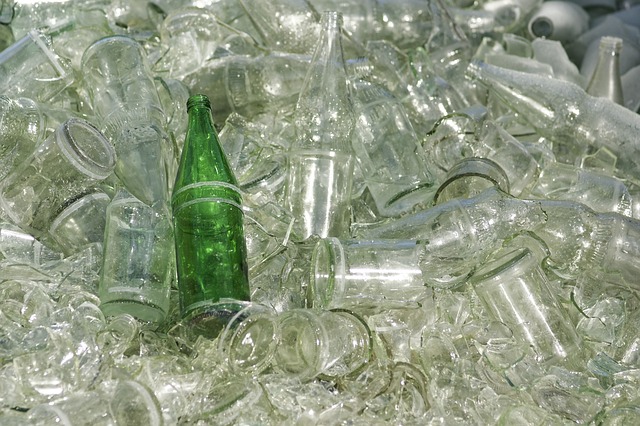The recent column, “Making it More Difficult to Save the Planet” (April 26), neglected to explain the complexities behind the current recycling market and its impact on glass recycling throughout the globe.
I am—first and foremost—an environmentalist. In fact, it is my priority to make the Town of Oyster Bay the nation’s top recycler. Unfortunately, at present, there’s no market for recycled glass. This is a problem for virtually all municipalities across America—not just the Town of Oyster Bay.
The international recycling market has drastically changed over the last year due to nations, particularly China, refusing to accept materials from other countries. These countries are also demanding much cleaner recyclable materials. That means more than just cleaning bottles, it also means separating by color and the need by the vendor to collect our glass bottles unbroken. If you think about it, glass rolling around in a metal truck makes it impossible to keep from breaking, rendering it useless.
Glass, specifically, also contaminates other recyclables with shards. Due to the current technology used by recycling facilities, these glass shards damage the screens used to recycle paper and cardboard. Further complicating the matter is that glass manufacturers are using raw materials because they are cheaper and more efficient than using recycled glass. This is due to high transportation costs, which make used glass virtually worthless. Glass weighs about 10 times more than the same volume of aluminum cans or plastic bottles.
Recycling only works if there’s a market to reuse the item. Although the Town of Oyster Bay and other municipalities throughout the nation ended the practice of picking up glass curbside, we immediately sought environmentally-friendly alternatives for the used glass. Unlike others who are placing it into landfills, our town opened glass recycling drop-off centers. Phase one provides convenient locations geographically dispersed throughout the town to offer residents an opportunity to turn their disposable glass into recycled products, including sand. In Phase two, we will increase the number of ‘glass drop-off igloos’ throughout the town. Phase three—the more permanent solution—is to create a regional approach to collecting glass and creating sensible uses. These steps move us forward in a continuing process for environmental success.
The town board and I will continue to explore all solutions to overcome the new international recycling market restrictions. We appreciate the patience of our residents as we adjust to best protect our environment, while overcoming the hurdles of this changing market. Most of all, we appreciate your participation in helping to protect our precious environment.
—Town of Oyster Bay Supervisor Joseph Saladino
Would you like to share your opinion about this topic? Is something else on your mind? Send a letter to the editor to kdijkstra@antonmediagroup.com for publication in print and online. Click here to view our letters policy.



































